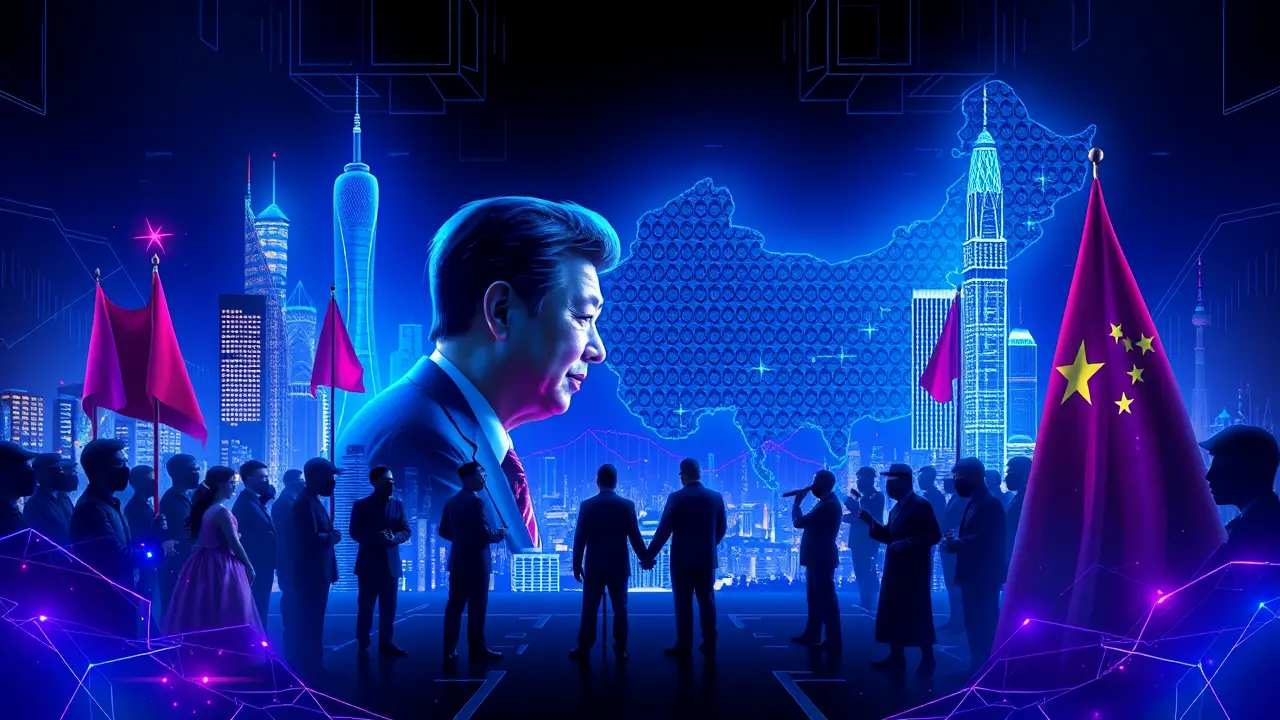
Politicssanctions & tradeTrade Tariffs
Analyzing China's Political and Economic Vulnerabilities Post-US Summit
RO
Robert Hayes
8 hours ago7 min read
The recent diplomatic engagement between US President Donald Trump and Chinese President Xi Jinping, while projecting an image of temporary détente after months of escalating tariff threats and retaliatory restrictions on critical rare-earth exports, merely papers over the profound and structural political and economic weaknesses that continue to besiege the People's Republic. To the seasoned political analyst, this superficial calm evokes historical parallels, such as the fraught periods of appeasement preceding greater conflicts, where public handshakes masked fundamental systemic rot.Beneath the veneer of negotiated truce lies a China grappling with an unsustainable debt bubble, estimated by the International Monetary Fund to exceed 300% of GDP, a demographic time bomb as its population rapidly ages, and severe internal political fractures under the increasingly centralized authority of Xi Jinping himself. The nation's much-vaunted economic miracle, which lifted hundreds of millions from poverty, is now showing alarming signs of fatigue, with youth unemployment reaching such critical levels that the government has ceased publishing the damning data, while the property sector—a cornerstone of its wealth and local government financing—teeters on the brink of collapse, epitomized by the catastrophic default of giants like Evergrande.Strategically, China finds itself in a geopolitical vise, not only confronting a resurgent and technologically protectionist United States but also facing heightened tensions with regional powers from India over border disputes to multiple Southeast Asian nations in the South China Sea, creating a multi-front challenge that strains its diplomatic and military resources. Internally, the social contract, once predicated on delivering relentless economic growth in exchange for political acquiescence, is fraying, as evidenced by sporadic but significant public protests over frozen bank savings and the draconian legacy of the zero-Covid policy.The Communist Party's relentless suppression of dissent in Hong Kong and Xinjiang has further alienated it from the international community, inviting sanctions and damaging its global soft power ambitions. Expert commentary from leading sinologists, such as Dr.Minxin Pei, often points to the 'middle-income trap' as a looming specter, a historical juncture where emerging economies stall, and for China, escaping this trap is complicated by technological decoupling and a concerted Western effort to reshore supply chains. The consequences of these accumulated vulnerabilities are not merely academic; they threaten to unravel decades of strategic gains, potentially forcing Beijing into a more defensive and insular posture, which could, in turn, destabilize the entire global economic order. The path forward is fraught with risk, demanding a level of reform that may be politically impossible for the current leadership, setting the stage for a protracted era of great power competition where China's internal frailties could prove to be the decisive factor.
#weeks picks news
#US-China relations
#trade war
#tariffs
#rare-earth exports
#economic tensions
#diplomacy
Stay Informed. Act Smarter.
Get weekly highlights, major headlines, and expert insights — then put your knowledge to work in our live prediction markets.
© 2025 Outpoll Service LTD. All rights reserved.